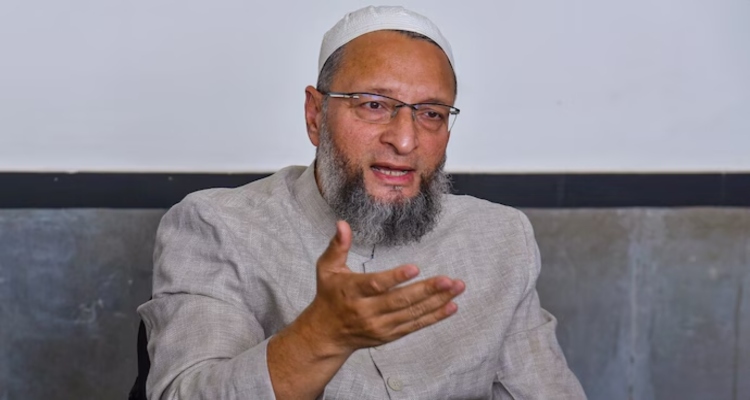
The Supreme Court of India is set to hear a petition by AIMIM chief Asaduddin Owaisi on January 2, 2025, seeking the implementation of the 1991 Places of Worship Act.
This law mandates that the religious character of a place of worship be maintained as it stood on August 15, 1947. Owaisi, who leads the All India Majlis-e-Ittehadul Muslimeen, filed the plea on December 17, 2024, through his advocate Fuzail Ahmad Ayyubi.
However, on December 12, 2024, a bench led by Chief Justice Sanjiv Khanna issued a significant ruling regarding a batch of similar petitions challenging the 1991 law. The court restrained all courts from entertaining new suits or making interim or final decisions in ongoing cases that seek to reclaim religious places.
Specifically, the court put a hold on proceedings related to the ownership of mosques, particularly in cases involving the Gyanvapi mosque in Varanasi, the Shahi Idgah mosque in Mathura, and the Shahi Jama Masjid in Sambhal, where violent clashes have occurred.
The bench, which also included Justices Sanjay Kumar and K.V. Viswanathan, was hearing petitions that challenge the various provisions of the Places of Worship (Special Provisions) Act. One key argument against the law is that it removes the judicial right to reclaim a place of worship for individuals or religious groups. The law, enacted in 1991, prohibits the conversion of any place of worship and mandates that the religious character of any place of worship be preserved as it was on August 15, 1947.
In his plea, Owaisi has urged the Supreme Court to direct the Centre to ensure the effective implementation of the 1991 law. He highlighted concerns where courts had allowed surveys of mosques based on petitions filed by Hindu litigants, leading to disputes over the original religious character of various sites. It is expected that the Supreme Court will consider Owaisi’s petition alongside the other ongoing cases.
On the other side, Muslim groups have also sought strict enforcement of the 1991 law, emphasizing its role in maintaining communal harmony and preserving the current status of mosques. These mosques are being targeted in petitions by Hindu parties, which claim that temples existed at these sites before they were allegedly destroyed by invaders.
The management committee of the Gyanvapi Mosque has also approached the Supreme Court to oppose the pending petitions that challenge the constitutional validity of the 1991 law. The committee argues that the petitions filed against the law are driven by “mischievous intent” to facilitate legal actions against religious sites that the Act currently protects.
It specifically mentioned several contentious claims over mosques, including the Shahi Idgah Masjid in Mathura and the Quwwat-ul-Islam mosque near Delhi’s Qutub Minar, among others.
The outcome of this case could have significant implications for the religious landscape and the legal protection of places of worship across India.




